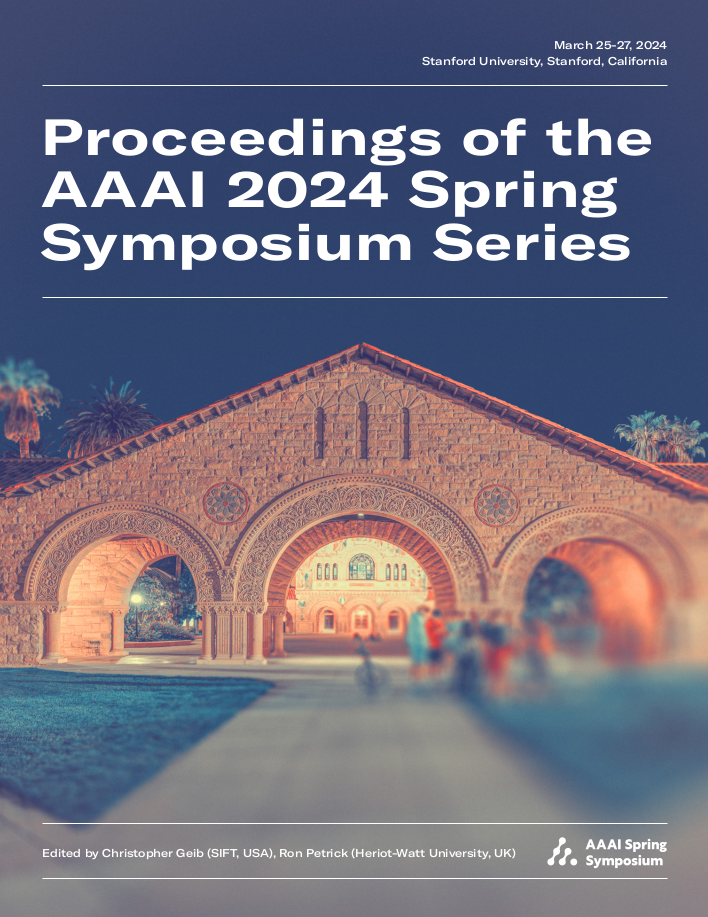The Psychosocial Impacts of Generative AI Harms
DOI:
https://doi.org/10.1609/aaaiss.v3i1.31251Keywords:
Impact of GenAI on Social and Individual Well-beingAbstract
The rapid emergence of generative Language Models (LMs) has led to growing concern about the impacts that their unexamined adoption may have on the social well-being of diverse user groups. Meanwhile, LMs are increasingly being adopted in K-20 schools and one-on-one student settings with minimal investigation of potential harms associated with their deployment. Motivated in part by real-world/everyday use cases (e.g., an AI writing assistant) this paper explores the potential psychosocial harms of stories generated by five leading LMs in response to open-ended prompting. We extend findings of stereotyping harms analyzing a total of 150K 100-word stories related to student classroom interactions. Examining patterns in LM-generated character demographics and representational harms (i.e., erasure, subordination, and stereotyping) we highlight particularly egregious vignettes, illustrating the ways LM-generated outputs may influence the experiences of users with marginalized and minoritized identities, and emphasizing the need for a critical understanding of the psychosocial impacts of generative AI tools when deployed and utilized in diverse social contexts.Downloads
Published
2024-05-20
How to Cite
Vassel, F.-M., Shieh, E., Sugimoto, C. R., & Monroe-White, T. (2024). The Psychosocial Impacts of Generative AI Harms. Proceedings of the AAAI Symposium Series, 3(1), 440-447. https://doi.org/10.1609/aaaiss.v3i1.31251
Issue
Section
Impact of GenAI on Social and Individual Well-being

